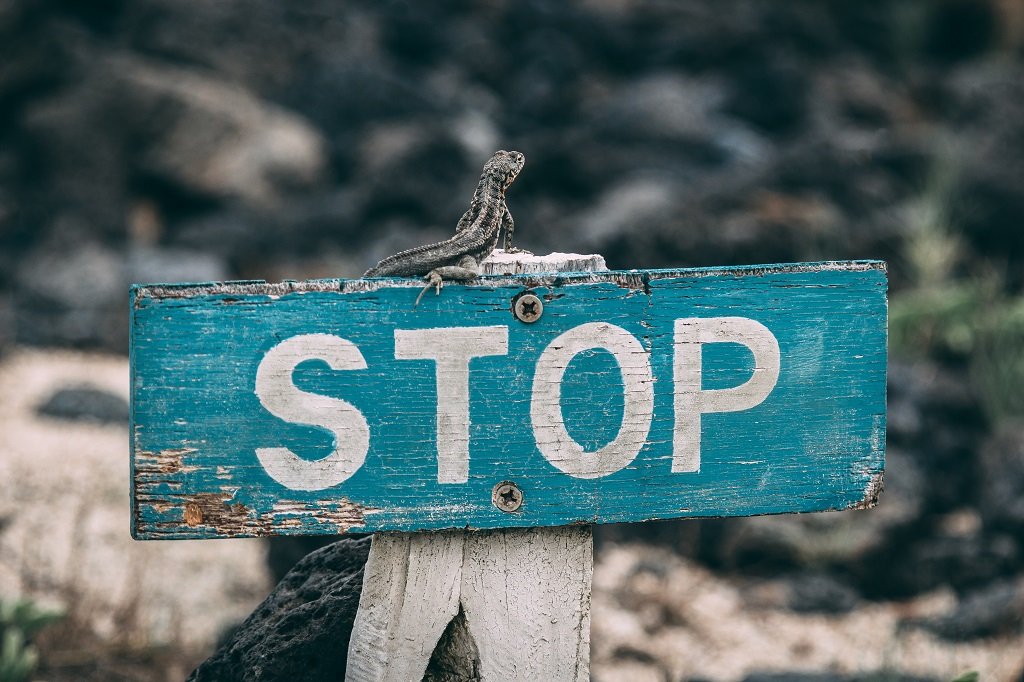Why willpower is a myth and never works for long
Photo by Jose Aragones on Unsplash
Some say those who fall prey to addictions lack willpower. But at the height of my alcohol dependence I trained for and completed a marathon. I monitored my caloric intake and never gained an ounce of fat.
By the same token, other addicts have shown immense productivity at work. They have the seeming self-control to excel in their professional lives, even while they lack the same control with their Achilles heel.
As a result of these inconsistencies, I no longer believe in the concept of a powerful will. Because the trait is too selective to be real. For example, someone who binge eats can easily resist an alcoholic beverage and vice versa.
5 reasons willpower doesn’t work
So, why is the desire to stop never enough to keep us away from compulsive behaviors? Here are 5 reasons:
1. Willpower runs out.
Willpower doesn't work because it's a finite resource. That's why trying to stop drinking using so-called self-discipline is a fool's errand. It's called white-knuckling in the recovery space and only ends up in relapse.
This misguided belief in willpower is the same reason dieters gain back all the weight and more. As soon as you let your foot off the brake pedal, you go speeding headlong toward the end of your good intentions.
2. Willpower is unfun.
Using willpower to overcome an indulgence signals to our brains deprivation and lack. We feel we're missing out on something and we are.
We're denying ourselves the pleasure of decadent desserts. We watch our friends enjoy the conviviality brought on by strong drink while we stay stone cold sober.
Unless we experience the benefits of kicking our habit, our brains will not allow us to stop. Lost weight or sobriety is not compelling enough.
The true benefit that will make us change is much deeper than that. It's truth and authenticity and the resolution of past trauma. But we're not taught to look for those.
3. It ignores the real problem.
The cult of willpower says you are the problem. If you weren't so lazy, undisciplined, and consumed with immediate gratification, you'd enjoy a life free from your compulsive behaviors.
It's a neat trick that lets so many off the hook and puts you there instead. It removes accountability from your parents who failed to meet your needs or give you the tools you needed to cope.
It removes culpability from a society that encourages us to ignore our feelings and get on with the business of productivity and consumption. The real reasons we escape into our coping mechanisms get ignored when we talk about willpower.
4. Shame is the driving force.
It's become common knowledge that shame is ineffective in driving change. All it does is make people go underground, hiding their bad habits and transgressions.
When we shame people into thinking they could stop if they had better character, they start keeping secrets to avoid judgment. The coping mechanism offers relief from shame. Willpower can't overcome the need to escape those damning feelings.
5. Willpower is isolating.
Willpower means depending on yourself and no one else. That's why 12-step programs thrive instead on group therapy and leaning on a higher power. Every addict who recovers has tried to get sober or clean on their own and failed.
By the time we enter recovery rooms we have dozens of relapses behind us. My willpower helped me stop drinking for five months under my own steam. But it wasn't until I entered recovery that I stopped drinking for good, or at least 10 years and counting.
That's because the program gave me permission to say I was powerless against alcohol. It invited me to speak honestly about my addiction with others who had been there. And it never shamed anyone regardless of what they had done.


